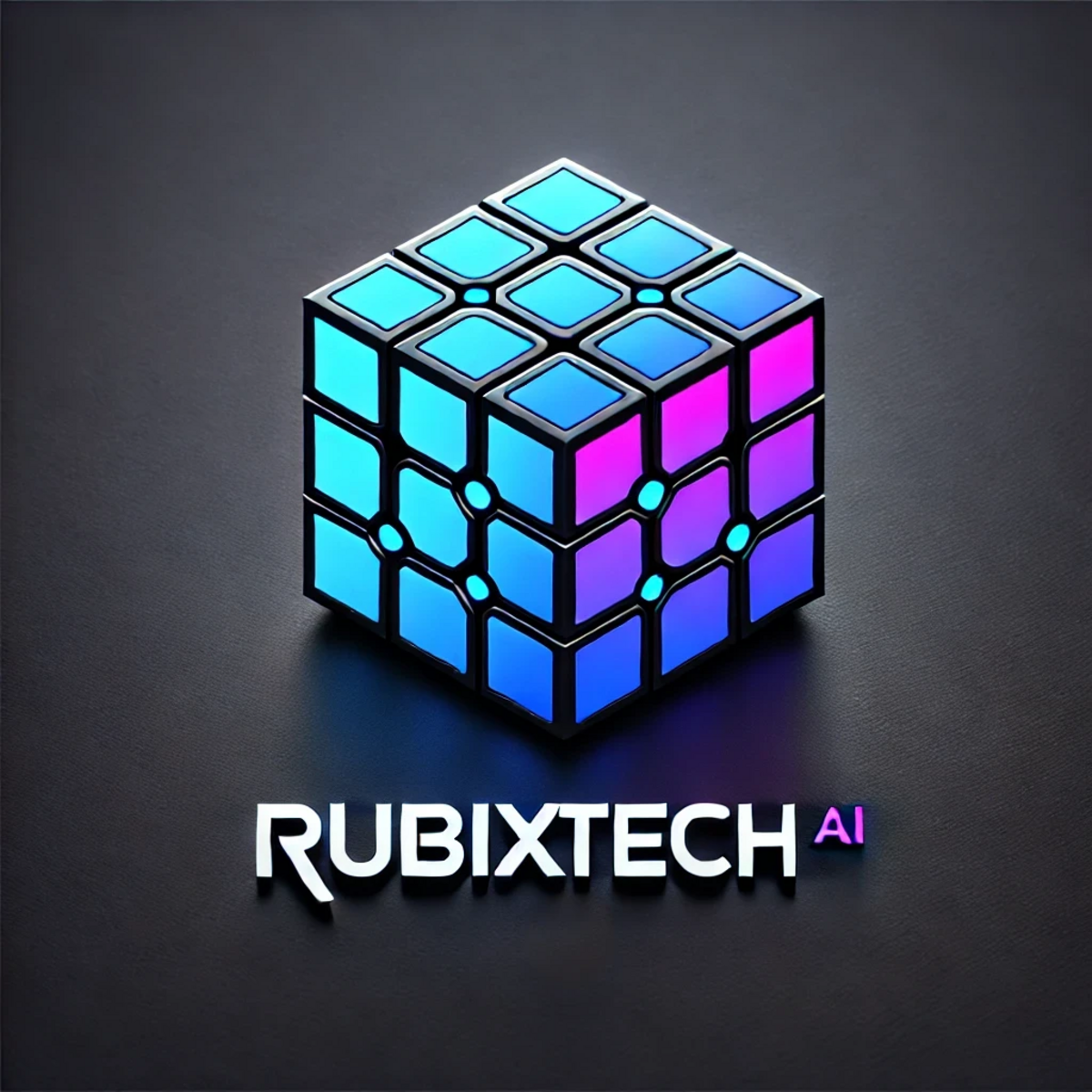Today’s Contents
🌎Massive Investments, Ethical Dilemmas, and Industry Breakthroughs
🧰Tech Toolbox
Massive Investments, Ethical Dilemmas, and Industry Breakthroughs

AI continues to dominate the headlines, with major investments from tech giants, regulatory actions, and groundbreaking advancements shaping the landscape. OpenAI's Stargate supercomputer, Amazon’s multi-billion-dollar AI expansion, and Google’s reversal on its AI weapons pledge are among the biggest developments this week. Meanwhile, AI-driven job search tools, social media monetization strategies, and even deepfake concerns raise questions about AI’s impact on businesses, governance, and daily life.
Here’s everything you need to know from this week’s AI news.
OpenAI has unveiled plans for ‘Stargate’, an ambitious AI supercomputer expected to go live by 2028. Developed in partnership with Microsoft, the project aims to support the next generation of AI models, including GPT-5 and beyond.
💰 Projected Cost: Over $100 billion, making it one of the most expensive AI infrastructure projects in history.
⚡ Purpose: Provide unmatched computational power for AI research, handling workloads that far exceed today’s capabilities.
🔮 The Big Picture: AI models are rapidly increasing in complexity, requiring exponentially more computing power. Stargate is OpenAI’s solution to ensure it doesn’t fall behind in the AI race.
Amazon has committed to over $100 billion in capital expenditures for 2025, focusing on AI, cloud computing, and its AWS infrastructure. This follows similar AI-driven spending hikes by Microsoft, Meta, and Google, who together plan to spend at least $215 billion on AI infrastructure.
📊 Breakdown of AI Expenditures:
Amazon – Investing heavily in AWS AI services and custom AI chips to maintain cloud dominance.
Microsoft – Expanding Azure AI data centers and integrating OpenAI tools into its ecosystem.
Meta – Scaling up AI-powered social media automation and personalized advertising models.
Google – Doubling down on AI-driven search, marketing, and defense projects (more on this below).
⚡ Why It Matters: AI is becoming the core infrastructure of the digital economy, and these companies are positioning themselves as leaders in the AI cloud race.
LinkedIn is testing an AI-driven job search assistant designed to understand natural language queries instead of relying on simple keyword searches.
👀 How It Works: Instead of searching for "marketing jobs in New York," users can ask, "Find me a high-paying remote job where I can use AI skills to help startups."
🔍 Key Features:
✅ AI-powered recommendations based on career goals, skills, and experience.
✅ Personalized job alerts tailored to user intent.
✅ AI-generated resume and application assistance.
⚡ Why It Matters: Traditional job search tools rely on rigid keyword filtering, often missing great job matches. AI-driven job search engines can revolutionize career placement and recruitment strategies.
Pinterest’s stock surged 19% this week as its AI-powered advertising tools helped drive record ad revenue.
💡 How AI is Boosting Pinterest’s Growth:
AI analyzes user behavior to predict what users want to buy.
AI-powered ads increase personalization and engagement, leading to higher ad conversion rates.
Gen Z users are spending more time on AI-driven shopping experiences, making Pinterest a go-to platform for e-commerce advertising.
Google has quietly dropped its previous pledge not to use AI for military and surveillance applications. This decision has sparked employee backlash and ethical concerns about the role of AI in warfare.
🔴 Why This Is Controversial:
In 2018, Google employees protested Project Maven, a Pentagon AI project for drone surveillance.
Google originally vowed not to use AI for lethal applications—but this policy has now been reversed.
The move aligns Google with other tech giants actively working with defense agencies.
💭 What This Means: AI is now firmly entering national security and defense sectors, raising questions about ethics, oversight, and the future of AI warfare.
🔮 The Big Picture: What This Means for Businesses, Consumers, and Policy Makers
This week’s AI developments signal major shifts in AI investment, innovation, and regulation:
💼 For Businesses – AI is becoming the backbone of digital commerce, job placement, and cybersecurity.
👥 For Consumers – AI-powered assistants, hyper-personalized ads, and new job search tools are shaping how people interact with AI daily.
📜 For Governments – Google’s shift into AI defense, the EU’s AI crackdown, and China’s open-source AI push are sparking global AI policy battles.
🔥 AI is accelerating at breakneck speed—stay ahead with our next AI Weekly Breakdown!

Janus-Pro by DeepSeek
An advanced AI model that unifies multimodal understanding and generation, excelling in both image analysis and creation.
DeepSeek Janus-ProFLUX by Black Forest Labs
A state-of-the-art text-to-image model offering high-quality image generation with excellent prompt adherence and output diversity.
Black Forest Labs FLUXOmniHuman by ByteDance
An innovative AI project capable of generating highly realistic human videos from minimal input, such as a single image and audio clip.
OmniHuman ProjectGemini 2.0 Flash by Google
An updated AI assistant offering faster responses and improved performance, now utilizing the latest version of Google's Imagen 3 AI text-to-image generator.
Google Gemini 2.0 FlashMatilda by Leonardo.Ai
An Australian-developed AI image generator that has gained attention for its innovative approach and potential to rival major players in the AI field.
Matilda by Leonardo.Ai

